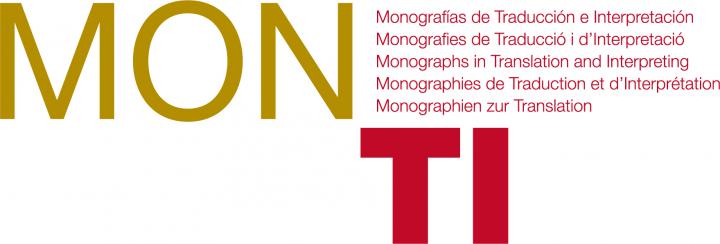Jan Buts & Henry Jones
MonTI: Monografías de Traducción e Interpretación
URI: http://rua.ua.es/dspace/handle/10045/115357
Abstract
This paper seeks to promote deeper reflection within the field of corpus-based translation studies (CTS) regarding the digital tools by means of which research in this discipline proceeds. It explicates a range of possibilities and constraints brought to the analysis of translated texts by the keyword in context (KWIC) concordancer and other data visualisation applications, paying particular attention to the ways in which these technological affordances have actively shaped central theoretical hypotheses within CTS and related fields, as well as the general principles of corpus construction. This discussion is illustrated through a small case study which applies the suite of corpus analysis tools developed as part of the Genealogies of Knowledge project to the investigation of two English translations of the Communist Manifesto.


